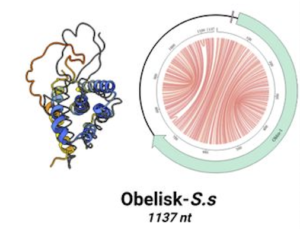MTHFR Mutation: A Missing Piece in the Chronic Disease Puzzle
Methylenetetrahydrofolate reductase (MTHFR) is one of the most important enzymes in human physiology, having influence on at least as many biochemical processes as it has syllables in its name. Deficiencies in this enzyme increase the risk of CVD, several types of cancer, congenital defects, and inflammatory bowel disease. Fortunately, deficiencies are correctable with targeted supplementation.







